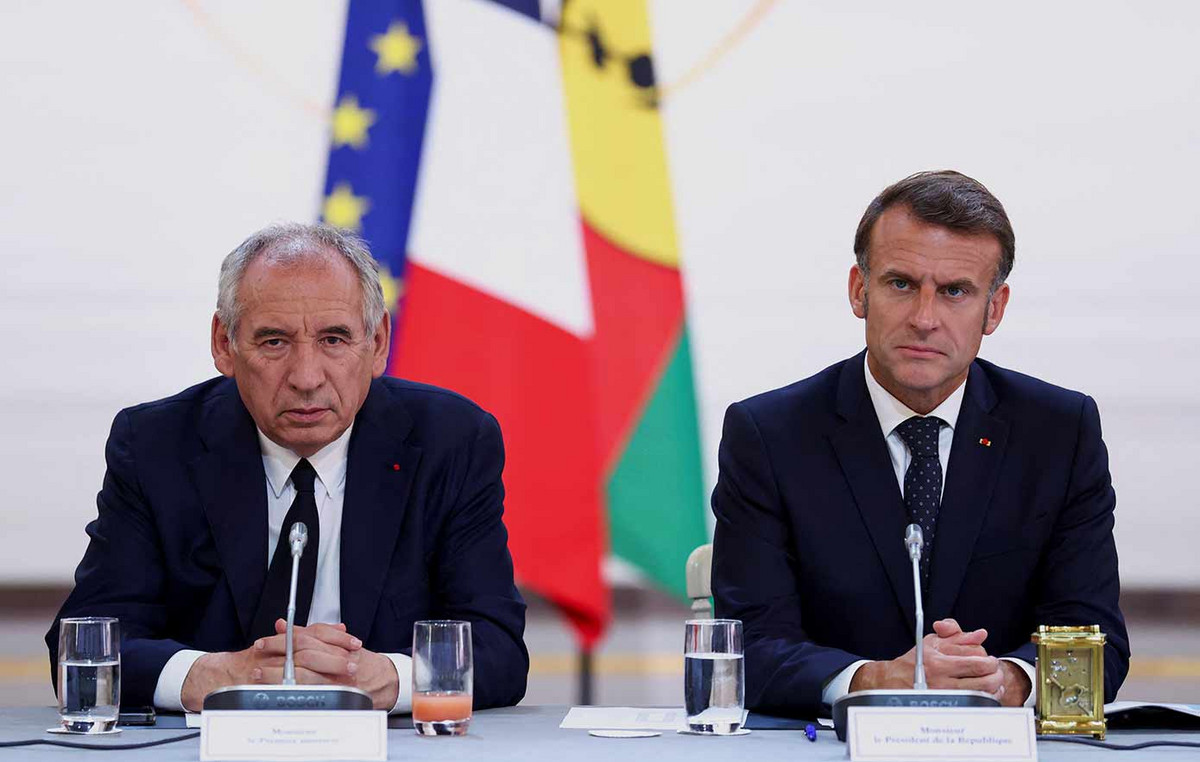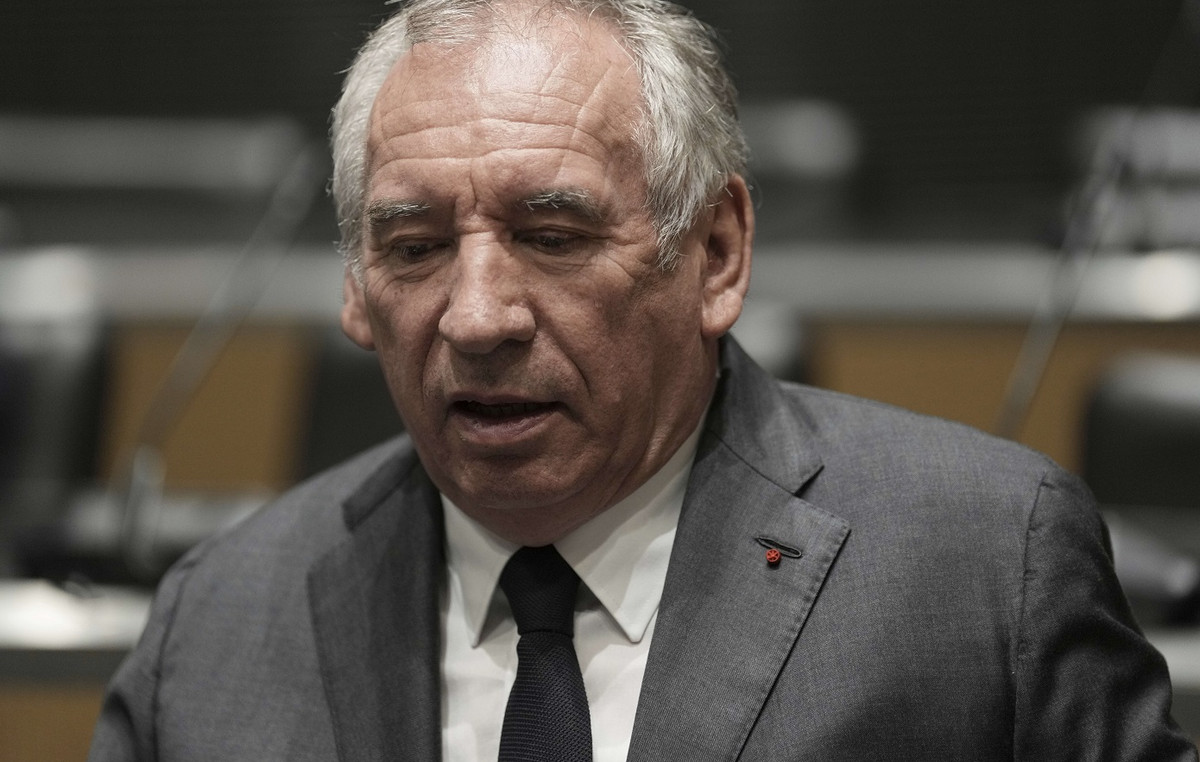In an interview with CNN This Wednesday (1), the virologist at the UFRJ’s Laboratory of Molecular Biology of Viruses, Clarissa Damaso, said that monkeypox will not be a problem on the same scale as Covid-19, as it is not as transmissible as the coronavirus. .
Damaso specializes in poxviruses – a family of large, complex pathogens with a DNA genome, the most notorious member of which is the smallpox virus.
According to the expert, there is no need to fuss, since the country has the means to support the population. “I don’t believe it will escalate, as we had for Covid. The pattern of infection is quite different. So I would like to tell the population not to panic because we have weapons to deal with this virus,” she says.
Regarding the smallpox vaccine, the virologist says that there is no industrial production for the immunizer, as none of the existing products has been commercially available since the eradication of smallpox. According to Damaso, each country has an attitude towards the immunizer and it is not necessary to offer it to the general population.
According to the researcher, who is part of the Advisory Committee for Smallpox Research of the World Health Organization (WHO), the objective of manufacturing these immunizers, which exist so far, is due to the risk of using the smallpox virus as a biological weapon.
“It is a vaccine given to researchers working with poxviruses, and to military personnel who go to conflict zones, in fear of possible biological warfare. So it’s not a widely used vaccine. Of course, in a situation like this, companies will have to scale production. Because now countries want to buy to protect their health professionals”, says Damaso.
“The poxvirus is not a complicated virus. Whether Brazil will produce or not, I don’t know. It has to be in agreement with these companies, because obviously there is a patent involved. I think it is simpler to buy, because there will be no need to vaccinate the population as a whole. It won’t be like Covid,” he says.
“So the number of doses is much lower. The recommendation is to vaccinate professionals from diagnostic laboratories, research laboratories, clinics, health people who will attend emergency cases and contacts of confirmed cases in the emergency room. So, it will be very restricted”, he adds.
inappropriate name
According to the UFRJ professor, there have never been cases of monkeypox in Brazil and would only be possible if the infected person came from an endemic country, such as Nigeria, the Democratic Republic of Congo and some other African nations.
Damaso explains that, in the context of the current outbreak, the identification of this virus can also be carried out in non-endemic countries, such as on the European continent. In addition, the virologist draws attention to the name as the disease has been called in Portuguese-speaking and Hispanic countries, which is not representative, since smallpox only occurs in humans and the origin of the virus came from rodents, not monkeys.

“I think it’s important that the population doesn’t have panic or prejudice. I am apprehensive about this story of ‘monkey pox’, a term used in Brazil and in the Spanish language, but not used in English. If it was smallpox, then it would really be complicated. The transmission rate is very high, with a fatality rate of 30%, while monkeypox is 1%”, says
“Apes are not to blame, they are accidental hosts, just like men. My fear is that the same thing would happen when I had yellow fever, when people were killing these animals thinking they transmitted the disease. This name was named because the virus was identified, for the first time, in monkeys”, he reports.
Damaso explains that, to find out if the patient is infected, experts have tested the samples for the same genus: orthopoxvirus. If it is positive, the chances are good that it is a case of the disease. Thus, the sample is sent for genomic sequencing.
The time to obtain the answer varies according to the routine of the laboratories, but tends to last a maximum of one week. The procedure is done this way because there is no real-time RT-PCR kit available.
“You have to remember that a reliable diagnosis depends on a good quality of samples. So, we also have to have the professionals who will collect the samples at the posts knowing how to collect them properly. The Ministry of Health has already released guidelines for the collection and transport of samples,” he says.
She points out that this type of virus can be contracted through skin contact. The specialist points out that isolation is necessary when there is a suspected case, because it is necessary for the pustules, a skin irritation, to dry. Dry crusts, according to Damaso, can also transmit the virus, so the ideal is not to keep in contact with those who are infected.
“I think people just have to observe the symptoms, see if they are in the groups with greater contact. For example, the person came from Portugal, I had contact with people who had a fever, etc. So it is important to analyze yourself, because it is the person who decides to look for a health agent”.
“Confirming the suspicion, that person has to go into isolation, if symptoms persist. Because in this way it begins to infect people inside the house. No skin or secretion contact with another person,” she explains.
Damaso defends investment in science, since it is through research that professionals are able to find solutions to these problems. The professor says that, even with little funding, Brazil has a good structure to face the disease. Much of it, left as a legacy by the fight against Covid-19.
“It is important to highlight the appreciation of science in Brazil. Of course, countries that have not invested in even poxvirus groups are much more lost than we are here. This I think is essential. So we always have to invest in science, because we never know what’s to come. People are prepared. Not only with human labor to work with, but as knowledge. Investment in science is essential for us to be ahead and not panic”, he concludes.
Source: CNN Brasil







